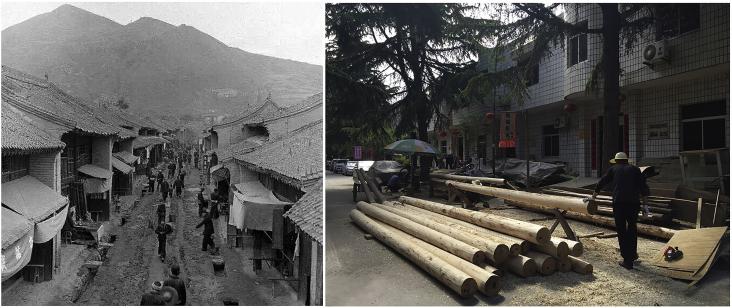
Increasing attention has been given to historically and culturally significant traditional villages in China in the past five years. Two key themes have been protection and usage.
The tremendous increase in allergy in the African continent cannot simply be explained by the change in public hygiene.
Ecological infrastructure (EI) refers to ecosystems that deliver services to society, functioning as a nature-based equivalent of, or complement to, built infrastructure.
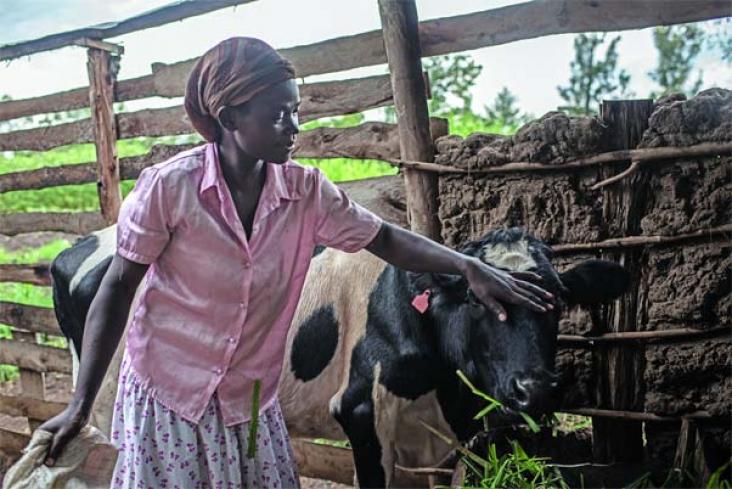
Nearly 30 years on from its launch by a group of UK West Country dairy farmers, the charity Send a Cow is making a big difference to people’s lives in seven countries in Africa. With its new campaign under way, Farmers Weekly finds out what the charity hopes to achieve and how farmers abroad are benefiting with the help of their UK counterparts. Endeavours such as this support SDG 1 No Poverty, and SDG 2 Zero Hunger and are a great example of SDG 17 Partnerships for the goals in action.
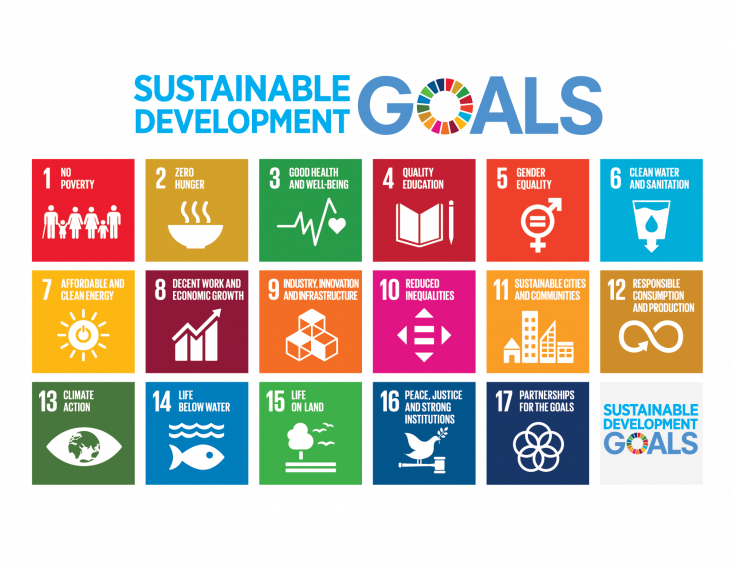
The Blueprint for Business Leadership on the SDGs aims to inspire all business to take leading action in support of the achievement of all Sustainable Development Goals (SDGs).
Fisheries constitute an important source of livelihoods for tens of thousands of poor people in the southwest coastal region of Bangladesh, and they supply a significant portion of protein for million
We put to work recent efforts to decolonise trauma theory in the context of our experience of writing and performing in the Philippines our testimonial theatre play about Canada's Live-In Caregiver
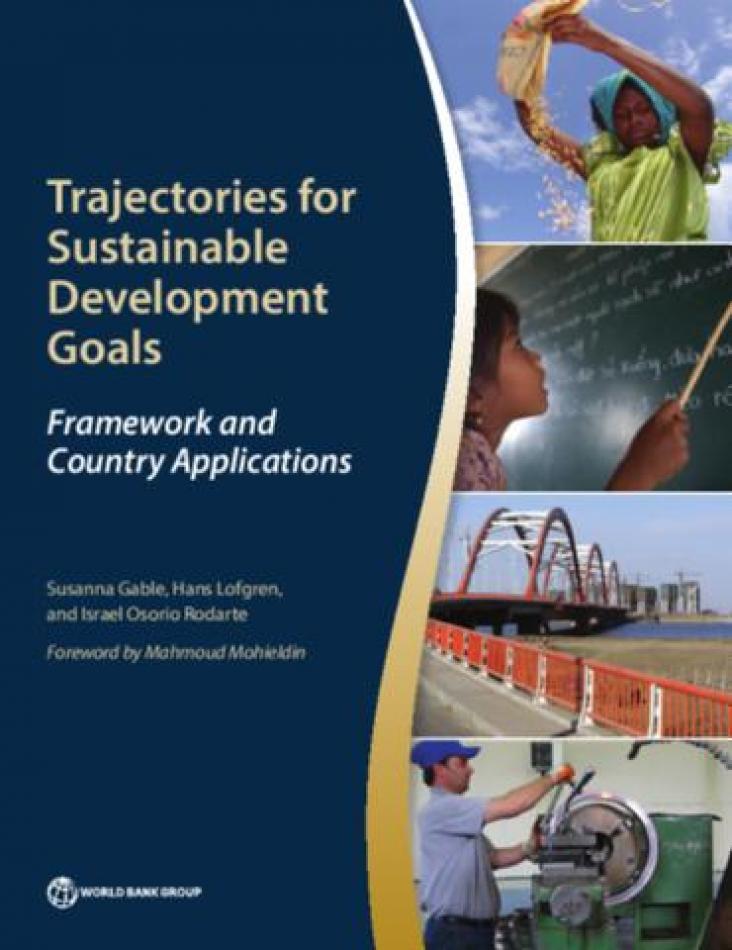
This book presents the country development diagnostics post-2015 framework, developed by the World Bank Group to assess the country-level implications of the post-2015 global agenda, as well as brief, ‘at-a-glance’ applications of the framework to ten countries: Ethiopia, Jamaica, the Kyrgyz Republic, Liberia, Nigeria, Pakistan, Peru, the Philippines, Senegal, and Uganda.
Partner content
World Bank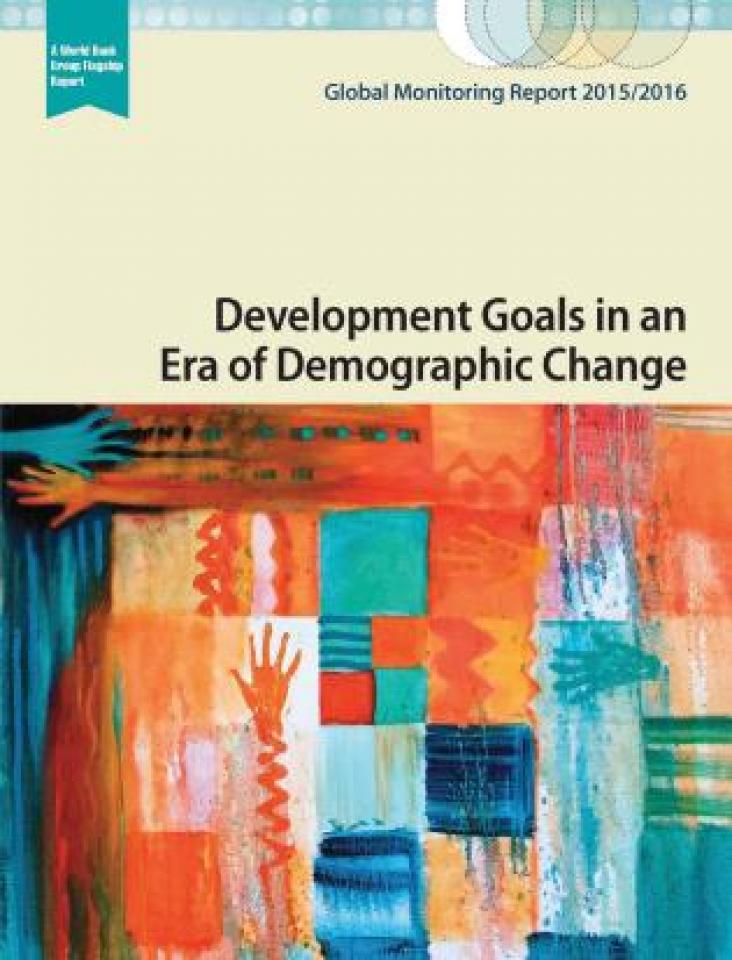
The 2015/2016 Global Monitoring Report, produced jointly by the World Bank and International Monetary Fund, details the progress the world has made towards global development goals and examines the impact of demographic change on achieving these goals.
The study presents comparative global evidence on the transformation of economic growth to poverty reduction in developing countries, with emphasis on the role of income inequality.
